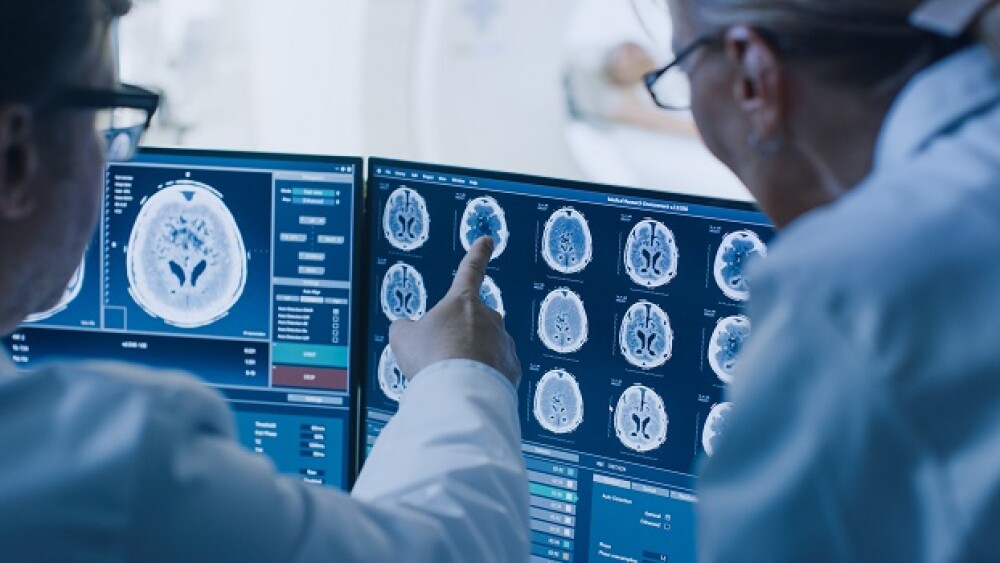AviadoBio is celebrating orphan drug designations from both the U.S. FDA and the European Commission for AVB-101, a gene therapy intended to treat frontotemporal dementia (FTD).
UK-based AviadoBio is celebrating today’s announcement of orphan drug designations from both the U.S. Food and Drug Administration and the European Commission (EC) for AVB-101, a gene therapy intended to treat frontotemporal dementia (FTD). Clinical trials for the investigational therapeutic will begin later this year.
AVB-101 is intended to treat disease progression in FTD patients with a confirmed mutation in the progranulin (GRN) gene by providing the genome with a functioning version of the gene. This mutation accounts for 30-40% of all FTD cases. Following AVB-101 treatment, patients are expected to have clinically normal progranulin levels, slowing or completely stopping disease progression.
In response to the regulatory achievement, AviadoBio CEO Lisa Deschamps said, “Achieving orphan designations in both the US and EU represents an important milestone in bringing AVB-101 to FTD patients who are living with a debilitating disease without treatment options. We are committed to advancing our proprietary gene therapy platform and working with regulatory authorities and the FTD community to bring a desperately needed option to patients. We look forward to initiating clinical trials for AVB-101 later in 2022.”
According to the Association for Frontotemporal Degeneration, FTD is the “cruelest disease you’ve never heard of”. The phrase refers to a global lack of awareness that there are various forms of dementia and that a degenerative disease diagnosis can come before the age of 60.
Despite FTD’s status as the second most diagnosed form of dementia, there are no approved treatments. Over 50,000 people in the U.S. and upwards of 100,000 people in the European Union are affected by the disease. The most common symptoms include a loss of inhibition, heightened apathy and abnormal behaviors in social settings.
AviadoBio’s chief scientific and clinical advisor, Professor Christopher Shaw, discussed the severity of the need for treatment. “FTD is a devastating condition, for patients, their families and friends, for which there is no effective treatment. A one-time treatment of AVB-101 has the potential to supplement the missing gene on a long-term basis, thereby stopping FTD in its tracks. As a clinician who has been treating this patient group for many years, I am looking forward to seeing how this therapeutic candidate performs in clinical studies.”
As reported by BioSpace last year, AviadoBio was able to leverage the company’s expertise in gene therapy to generate $80 million in a Series A financing round. Shaw attributed the financial support to the company’s platform.
“AviadoBio’s unique platform combines next-generation gene therapy design with deep neuroscience expertise and a novel neuroanatomy-led approach to drug delivery,” Shaw said.
Due to the rapid decline associated with an FTD diagnosis, patients often require supportive care within a decade of the onset of symptoms. This translates to a substantial burden being placed upon the healthcare system, patients’ families and the patients themselves. The pharma industry will likely watch AVB-101 and AviadoBio closely to see if the company can provide a treatment for this previously neglected patient group.





